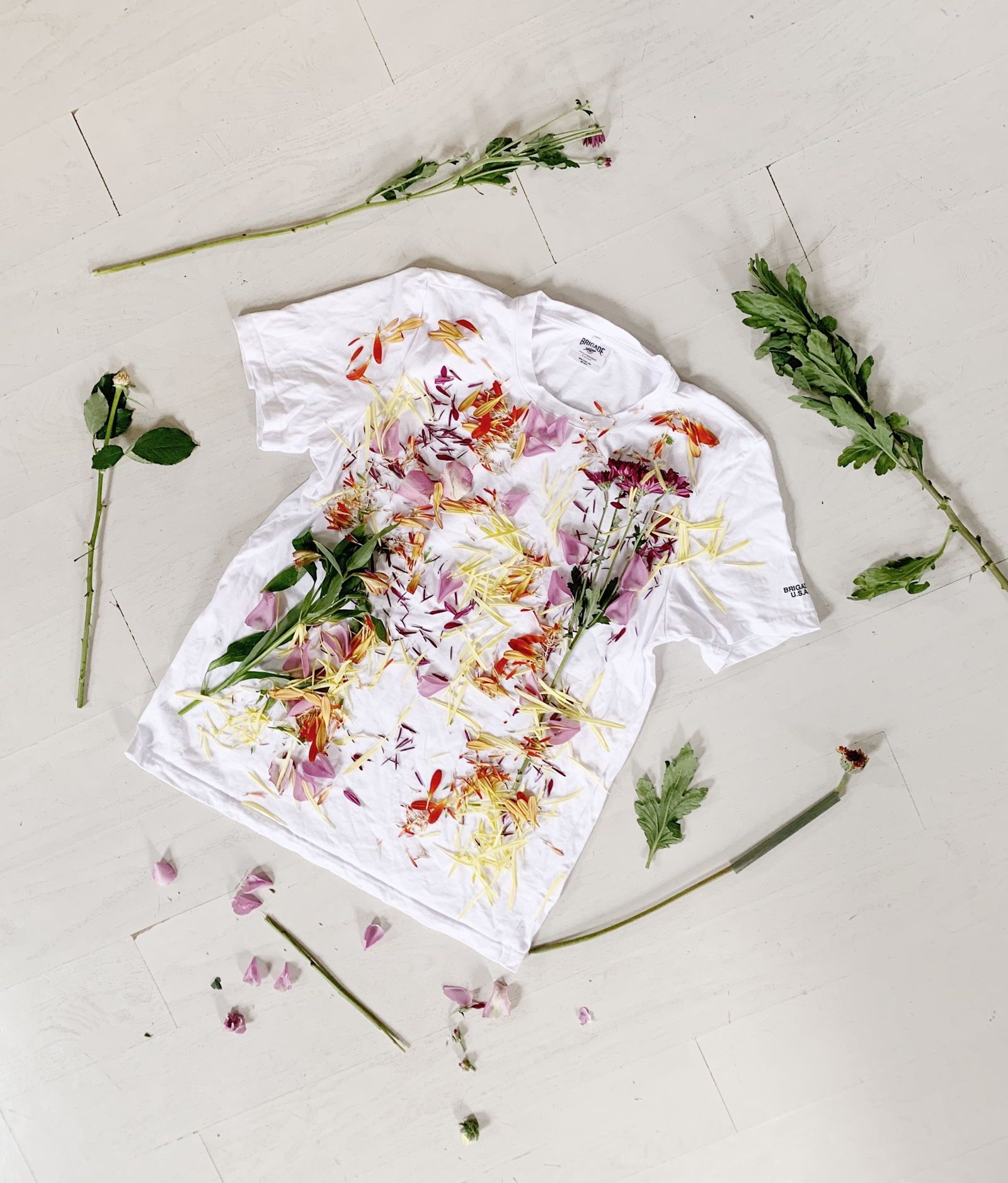Xandres, VITO, and Flanders DC launch the first tool to design high-quality clothing with a focus on long-term durability
In a joint effort to promote sustainability in the fashion sector, Xandres, VITO, and Flanders DC announce the launch of a new tool, namely the 'Guideline for Clothing Design for Longevity.' This tool will assist designers and clothing brands in creating high-quality, sustainable garments that significantly reduce the environmental impact of the industry.
Guideline for Clothing Design for Longevity
- A simple and applicable framework for 'quality' in fashion clothing
- A simple and applicable framework for 'quality' in fashion clothing
- Based on new surveys and existing scientific insights
- Validated within the fashion company Xandres as a test case
- Translated into a general tool that can be disseminated to the wider industry
- Manageable for purchasers and designers within Flemish (and European) SMEs
- The guideline is available here for free.
The guideline 'Clothing Design for Longevity'
The new guideline provides the fashion sector with a powerful tool to enhance the quality and longevity of clothing items. In a time when the quality of fabrics and production has, on average, decreased, this guideline equips designers and purchasers with essential criteria and measurable guidelines to design and produce high-quality clothing.
This benchmark tool offers clothing brands minimum values, target values, and concrete technical guidelines to extend the lifespan of their new collections. The lack of a shared sustainability framework in fashion is now a thing of the past, thanks to this guideline that serves as a compass for the entire industry.
'With this guideline, we aim to make it easy for both start-up and established fashion companies to make the right choices in the purchasing and design process. Quality and sustainability are inherently linked.'
– Simon Gryspeert, Lead Entrepreneurship & Innovation at Flanders DC
Some observations from the preceding research
VITO conducted a survey of 31 fashion companies and 59 consumers, yielding some noteworthy findings:
-
Fashion labels or designers do not have internal guidelines regarding the expected lifespan of their clothing.
-
Labels often lack information on how long their clothing items actually last.
-
Consumers generally expect newly purchased clothing to last longer than 3 years, with many expecting a lifespan of more than 5 years.
-
From the limited consumer survey, it was found that fabric damage due to friction and "holes in the fabric" in T-shirts were the primary reasons for clothing disposal.
-
Underwear typically wears out completely before being discarded.
-
Approximately 50% of respondents indicated that they often discard clothing for reasons other than defects or wear and tear, such as changing fashion trends or clothing no longer fitting.
-
Clothing repair is relatively common today, with 56% of respondents indicating that they repair their clothing often or very often, while 14% rarely or never do so.
-
On average, a European discards 11 kg of textiles each year.
'The sector survey of 31 fashion companies revealed that brands often lack internal guidelines on how long their clothing should last. Additionally, labels often do not have information on the actual lifespan of their clothing or the reasons for its eventual disposal.'
– Tom Duhoux - researcher circular economy at VITO
Quality as a lever for extending the lifespan
Research indicates that, in the short term, extending the lifespan of clothing has the greatest impact on reducing the environmental footprint of the fashion industry. Higher-quality textiles and increased overall quality can significantly contribute to this goal.
Quality and sustainability also benefit fashion labels by enhancing brand loyalty and customer retention.
'Because quality is in the DNA of Xandres, it has become an essential part of our sustainability policy. This guideline will help Xandres and other fashion brands make 'quality' more concrete and tangible.'
– Jasmien Wynants, Sustainability Manager at Xandres
This project was made possible with the support of VLAIO, in collaboration with VITO, Xandres and Flanders DC.
VLAIO, the Flanders Agency for Innovation and Entrepreneurship, serves as the central point of contact for entrepreneurs in Flanders. They promote and support innovation and entrepreneurship and contribute to a favorable business climate, in cooperation with various partners.
VLAIO has a strong focus on circular entrepreneurship, which is why this project received support from VLAIO, as well as funding from the Next Generation EU fund of the European Commission.




